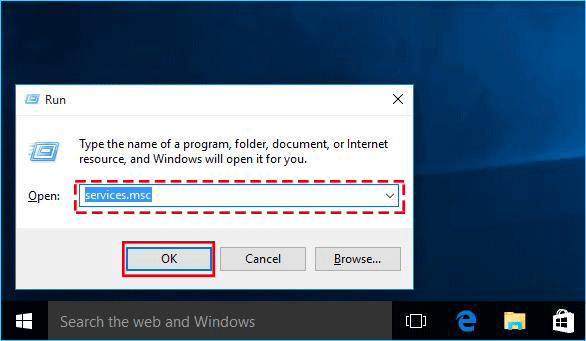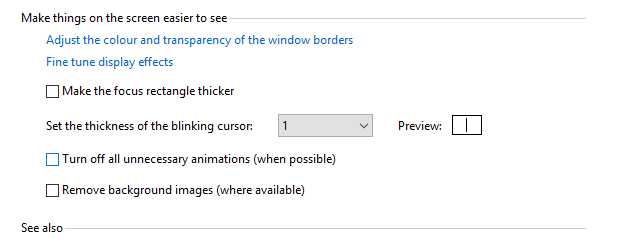
In general, you should change services you are turning off for security purposes to a "Disabled" state. To disable any service in the list, double-click on its entry in that window and change the Startup type: setting.

Simply click on the Start button, then navigate to Settings -> Control Panel, open Administrative Tools, and from there open the Services window. With the exception of Simple File Sharing, all of the above listed services can be disabled from the same place. Whether a given service is installed and running may depend on whether you installed the system yourself, whether you are using XP Home or XP Professional, and from which vendor you got your computer if MS Windows XP was installed by a vendor. On your system, these services may not all be turned on, or even installed. It is unrelated to the Windows Messenger instant messaging client, and is not necessary to use the Windows Messenger IM network. Windows Messenger Service - Listed in the Services window under the name Messenger, the Windows Messenger Service provides "net send" and "Alerter" functionality.Universal Plug and Play Device Host - Once you have your "Plug and Play" devices installed on your system, it is often the case that you will not need this service again.These days, using Telnet to remotely manage a Unix system may be grounds for firing, where an encrypted protocol such as SSH should be used instead. Telnet - The Telnet service is a very old mechanism for providing remote access to a computer, most commonly known from its use in the bad ol' days of security for remote command shell access on Unix servers.SSDP Discovery Service - This service is used to discover UPnP devices on your network, and is required for the Universal Plug and Play Device Host service (see below) to operate.On MS Windows XP Professional, however, you can disable it by opening My Computer -> Tools -> Folder Options, clicking the View tab, and unchecking the Use simple file sharing (Recommended) checkbox in the Advanced settings: pane. Unfortunately, this cannot be disabled on MS Windows XP Home.
#UNNECESSARY WINDOWS 10 SERVICES TO DISABLE PROFESSIONAL#
It is active by default on both MS Windows XP Professional and MS Windows XP Home editions. As such, Simple File Sharing, which only provides blanket access to shares without exceptions, is not what we want to use for sharing filesystem resources. In the real world, however, we should only want to provide shares to very specific, authorized users.



If you are running Microsoft Windows XP on your desktop system, consider turning off the following services. As such, a list like this one needs to be identified with a specific Microsoft Windows version, though it can still serve as a guide for the knowledgeable MS Windows user to check out the running services on other versions as well. As long as Microsoft Windows has been a network capable operating system, it has come with quite a few services turned on by default, and it is a good idea for the security conscious user of Microsoft's flagship product to shut down any of these that he or she isn't using.Įach version of MS Windows provides different services, of course, so any list of services to disable for security purposes will be at least somewhat particular to a given version of Microsoft Windows. As I pointed out on 19 October, in point number four of the article 10 security tips for all general-purposes OSes, an important step in the process of securing your system is to shut down unnecessary services.


 0 kommentar(er)
0 kommentar(er)
